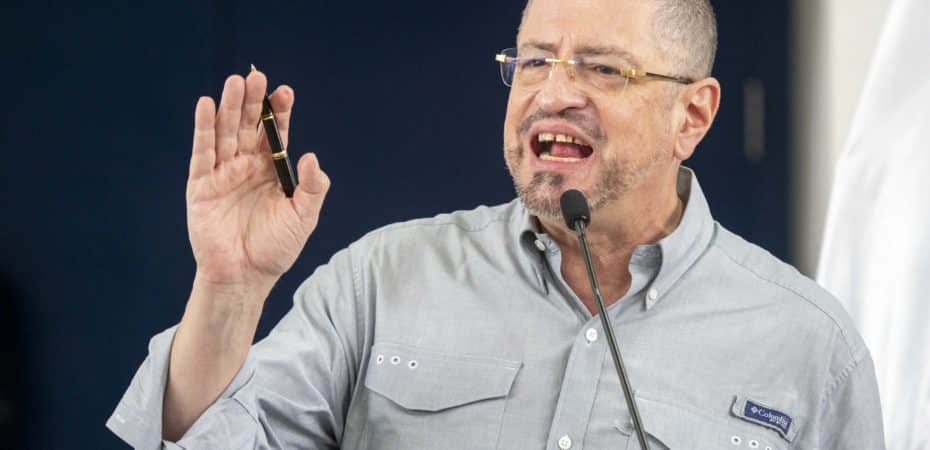Q COSTARICA — Every time you tap your phone, start up an electric car, or get online, you’re relying on something tiny: a semiconductor, smaller than your fingernail.
Costa Rica was all set to join the booming semiconductor industry. It looked promising when the Biden administration named Costa Rica a strategic partner and promised funding to help build out the country’s role in the global chip supply chain.
The plan—at least under Biden—was all about nearshoring and friendshoring, moving production closer to the U.S. and away from heavy dependence on places like China. Chips aren’t just another product; they’re a big deal for global power.
Everything changed when Donald Trump took office. His “America First” approach, new tariffs, and focus on bringing investment directly to the U.S. hit pause on Costa Rica’s semiconductor dreams. That’s the consensus from experts, professors, and former trade ministers.
It’s not that the U.S. wants out of the chip race. It’s just that Trump wants the whole industry anchored on American soil.
“Rather than saying the opportunities have vanished, it’s more accurate to say they’re on hold. There’s an immediate effect—any big shock like this makes investors take a breath and wait. That’s where we are now,” said Marco Vinicio Ruiz, a former foreign trade minister.
No one really knows how long this uncertainty will last. It might be a year, or it could stretch all the way through Trump’s term until 2029.
“Lots of companies are feeling squeezed right now,” Ruiz added. “They’ll push lawmakers to find some middle ground and clear things up. That’s in everyone’s best interest. I’d guess we’re looking at about 12 months.”
Demand for microchips isn’t slowing down. Cars, medical devices, manufacturing, IT—almost every major industry needs them. That means the semiconductor field offers great job prospects and good pay, everywhere.
It’s a field hungry for skilled people: electricians, electronics experts, electromechanics, mechatronics specialists, industrial engineers, IT workers, and computer scientists. If Costa Rica wants in, it needs to build a workforce ready for the challenge.
Costa Rica is not competing in the fabrication of chips, but rather in the assembly, testing, and packaging (ATP) of semiconductors, which is a critical phase in the global supply chain.
Costa Rica has a strong track record and boasts a highly educated workforce with expertise in STEM fields, which is crucial for the complex processes involved in semiconductor assembly and testing.
Costa Rica also has a strong record of hosting multinational companies like Intel, Qorvo, Teradyne, and National Instruments in its semiconductor sector, which has been growing since the 1990s
Don’t Count Costa Rica Out
The current picture isn’t great, but experts quoted by La República say Costa Rica shouldn’t give up.
“The semiconductor sector is part of the broader, modern manufacturing world—it’s closely related to medical devices, which are still strong here,” said Eduardo Escalante, director of the Electrical Engineering Cluster at Fidélitas University. “We need to keep building up a skilled workforce for these industries.”
Economic analyst Daniel Suchar stressed that Costa Rica has to keep improving its business climate, both to protect the investment already here and attract more in the future.
“Costa Rica needs to keep making itself more competitive globally. That means approving flexible work schedules, lowering electricity costs, streamlining social security contributions, cutting out non-tariff barriers on raw materials, and making low-cost financing easier to get. The exchange rate and interest rates are key here,” Suchar explained.
Former minister Ruiz, for his part, is hopeful that international pressure on tariffs and moves by other world powers will eventually help change the situation.
Source link
Rico



